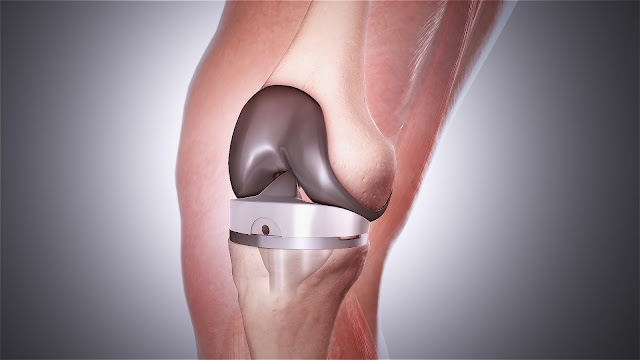Smart Inhalers: Revolutionizing Respiratory Care
 |
| Smart Inhalers |
Smart Inhalers, also
known as connected inhalers or digital inhalers, are inhalation devices that
integrate sensors and wireless connectivity. Unlike conventional inhalers,
smart inhalers can collect, analyze, and transmit data regarding inhaler usage
and patient adherence in real-time. By tracking medication usage patterns,
these devices provide valuable insights to patients, healthcare providers, and
researchers, ultimately leading to better disease management.
Smart Inhalers are
equipped with various sensors that monitor and record important data during
inhaler usage. These sensors can detect factors such as inhalation technique,
medication dose, and environmental conditions. Additionally, some smart
inhalers include reminders to help patients adhere to their prescribed
medication schedule. By connecting to smartphones or other devices via
Bluetooth or other wireless technologies, the collected data can be securely
transmitted to a cloud-based platform for further analysis.
Improved Medication Adherence: One of the significant
challenges in managing chronic respiratory conditions is medication adherence. Smart
Inhalers address this issue by providing patients with real-time
feedback on their inhalation technique and reminding them to take their
medication on time. This constant support enhances adherence, leading to better
symptom control and reduced hospitalization rates.
Respiratory
inhaler are used to inhale medicines that are important part of the treatment
for chronic lung diseases. There are several products that deliver medicine
directly to the airways such as metered-dose inhalers (MDIs), dry powder
inhalers, nebulizers, and soft mist inhalers.
Personalized Insights and Guidance: By analyzing the
collected data, smart inhalers can generate personalized reports and insights
for patients and healthcare providers. This information can include inhaler
usage patterns, adherence levels, and potential triggers for respiratory
symptoms. Armed with this knowledge, patients can make informed decisions
regarding their treatment, while healthcare providers can tailor interventions
and recommendations to suit individual needs.
Remote Monitoring and Support: Smart Inhalers enable remote monitoring of patients' inhaler usage
and treatment progress. Healthcare providers can remotely access the data and
track patients' response to treatment, making it easier to identify any
potential issues or complications. This feature is particularly valuable for
individuals with limited mobility or those living in remote areas, as it allows
for continuous monitoring and timely intervention, even from a distance.



Comments
Post a Comment